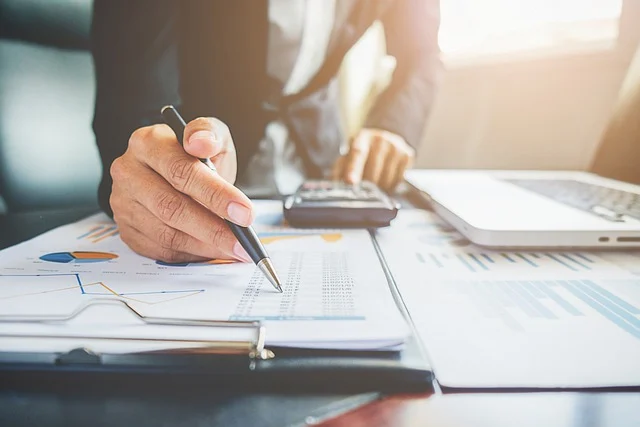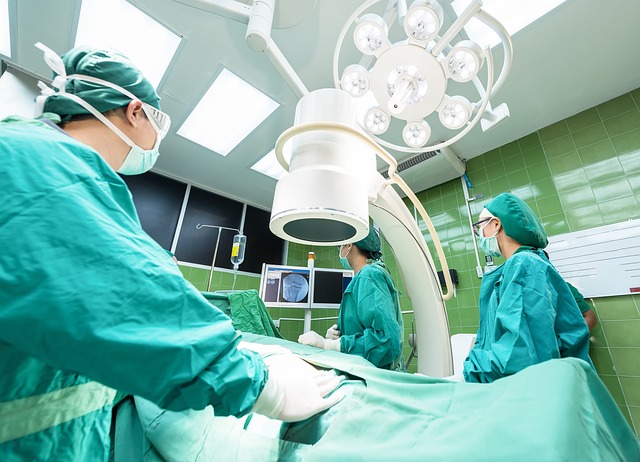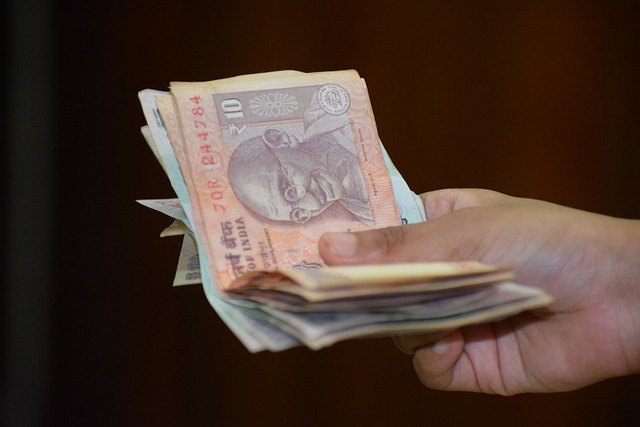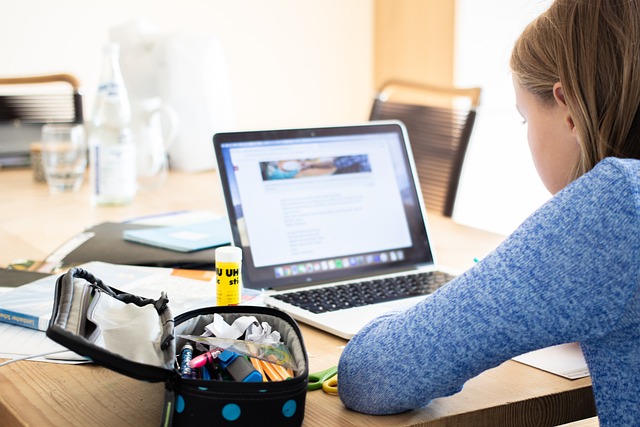Safety and Crime Rates in the Netherlands: A Comprehensive Overview
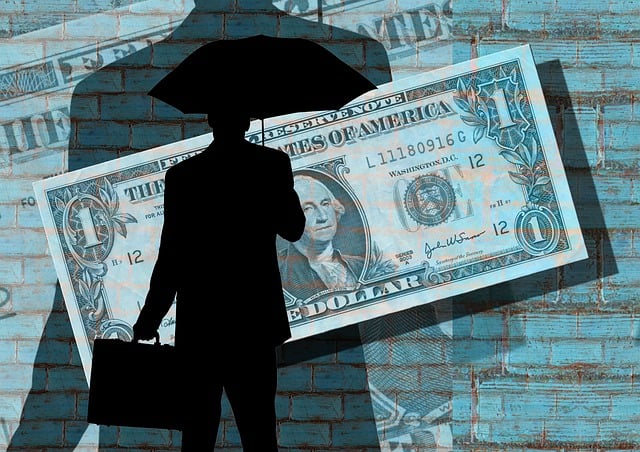
The Netherlands is often celebrated for its high quality of life, progressive policies, and welcoming atmosphere. For travelers, expats, and residents alike, safety is a key consideration when living in or visiting a new country. Fortunately, the Netherlands is generally considered one of the safest countries in the world, with low crime rates and a well-functioning legal system. However, like any country, it’s important to be aware of potential risks and take precautions. This article provides an in-depth look at safety and crime rates in the Netherlands, offering practical tips and insights to help you stay safe.
General Safety in the Netherlands
Low Crime Rates
The Netherlands consistently ranks as one of the safest countries in Europe and the world. According to the Global Peace Index, the Netherlands is among the top 20 safest countries globally. Violent crime is rare, and the country has a strong rule of law, effective policing, and a well-functioning judicial system.
Safe Cities
Major Dutch cities like Amsterdam, Rotterdam, Utrecht, and The Hague are generally safe for residents and visitors. These cities have well-lit streets, efficient public transportation, and a visible police presence. However, as with any urban area, it’s important to stay vigilant, especially in crowded or tourist-heavy areas.
Public Safety
The Netherlands is known for its well-maintained infrastructure and public spaces. Parks, cycling paths, and public transportation are safe to use, even at night. The Dutch government prioritizes public safety, and emergency services are highly responsive.
Crime Rates in the Netherlands
Types of Crime
While the Netherlands is safe overall, certain types of crime are more common than others:
- Petty Theft: Pickpocketing and bicycle theft are the most common crimes, particularly in tourist areas and major cities. Bicycles are a popular mode of transportation, and theft is a persistent issue.
- Scams and Fraud: Tourists may encounter scams, such as overcharging in taxis or fake ticket sellers at popular attractions.
- Drug-Related Crime: While the Netherlands is known for its liberal drug policies, drug-related crimes, such as dealing or possession of illegal substances, do occur, especially in areas like Amsterdam’s Red Light District.
- Cycling Accidents: With millions of cyclists on the road, accidents can happen. It’s important to follow traffic rules and stay alert while cycling.
Crime Statistics
- Violent Crime: The Netherlands has a low rate of violent crime. Homicide rates are among the lowest in the world, with fewer than 1 homicide per 100,000 people annually.
- Property Crime: Property crime, including burglary and theft, is more common but has been declining in recent years due to improved security measures.
- Cybercrime: Like many countries, the Netherlands faces challenges with cybercrime, including online fraud and identity theft.
Safety Tips for Travelers and Residents
1. Be Aware of Your Surroundings
- Tourist Areas: Popular tourist spots, such as Amsterdam’s Red Light District and Central Station, can attract pickpockets. Keep your belongings secure and avoid displaying valuables.
- Crowded Places: In busy markets, festivals, or public transport, stay vigilant and keep your bags closed and in front of you.
2. Protect Your Bicycle
- Use a Good Lock: Invest in a high-quality lock and always lock your bike to a fixed object.
- Register Your Bike: Register your bicycle with the national bike registry to increase the chances of recovery if it’s stolen.
3. Stay Safe at Night
- Well-Lit Areas: Stick to well-lit streets and avoid poorly lit or deserted areas at night.
- Public Transport: Public transportation is safe, but be cautious when traveling late at night. Sit near the driver or in busy carriages.
4. Avoid Scams
- Taxi Scams: Use reputable taxi companies or ride-sharing apps like Uber. Ensure the meter is running and agree on a fare beforehand if possible.
- Ticket Scams: Purchase tickets for attractions and events from official vendors or websites.
5. Follow Local Laws
- Drugs: While cannabis is tolerated in designated coffee shops, hard drugs are illegal and can lead to serious consequences.
- Alcohol: Public drinking is prohibited in certain areas, and drunk driving laws are strictly enforced.
6. Emergency Contacts
- Police: Dial 112 for emergencies or 0900-8844 for non-urgent matters.
- Medical Emergencies: Dial 112 for an ambulance.
- Fire Department: Dial 112 for fire emergencies.
Safety for Specific Groups
Women Travelers
The Netherlands is generally safe for women travelers, including those traveling alone. However, it’s advisable to take standard precautions, such as avoiding poorly lit areas at night and staying aware of your surroundings.
LGBTQ+ Travelers
The Netherlands is one of the most LGBTQ+-friendly countries in the world. Same-sex marriage has been legal since 2001, and LGBTQ+ individuals are widely accepted. However, as with any destination, it’s important to be mindful of local attitudes, especially in more conservative areas.
Families
The Netherlands is a family-friendly destination with safe public spaces, parks, and attractions. Children can travel safely on public transport, and most restaurants and accommodations are welcoming to families.
Cycling Safety
Cycling is a way of life in the Netherlands, but it’s important to follow safety guidelines:
- Use Bike Lanes: Always cycle in designated bike lanes and follow traffic signals.
- Wear a Helmet: While not mandatory, wearing a helmet is recommended, especially for children.
- Be Visible: Use lights and reflective gear when cycling at night.
Natural Hazards
The Netherlands is a low-lying country, and flooding is a potential risk. However, the country has an advanced system of dikes, dams, and water management infrastructure to mitigate this risk. Earthquakes and other natural disasters are rare.
